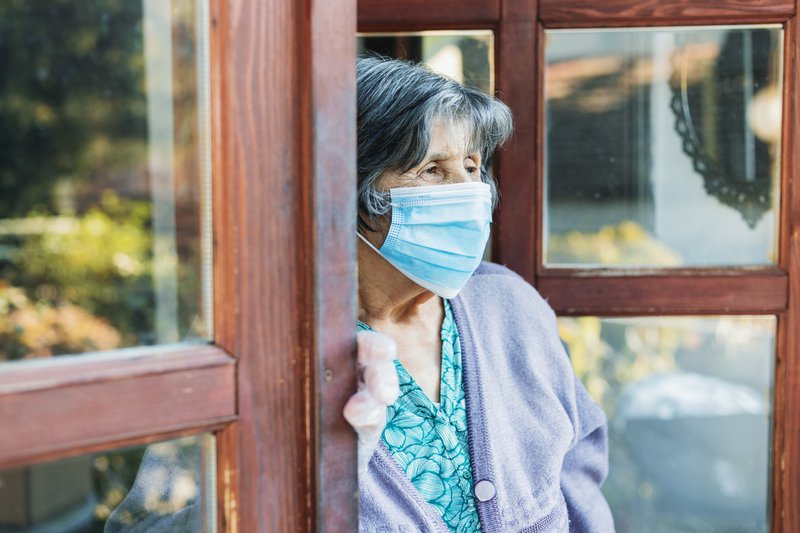
Rob Carrick
Oct. 21, 2020
The more diligent you are about exploring the alternatives to retirement and long-term care homes, the more you’ll understand why these facilities exist.
Deaths in long-term care homes during the pandemic have undermined the idea that institutionalized care means safety and security. The National Institute on Ageing at Ryerson University did an online survey of 1,517 adults this summer and found that COVID-19 had influenced 60 per cent to change their mind about arranging for themselves or a loved one to move into a nursing or retirement home. At 65 and older, 70 per cent changed their mind.

This rethink of institutionalized care for seniors is based on health factors, namely the hundreds of long-term care home residents who died, often alone, in the pandemic and the emotional pain of seeing this happen to our most vulnerable citizens and family members. But there’s a lot more to consider, financial factors among them, if you see aging at home as a preferable option for you or a family member.
First, some benefits of staying at home. “You’re in a familiar environment and you’re in your community – near your friends and family, hopefully,” said Karen Henderson, founder and chief executive of the Long Term Care Planning Network. “You also know how much it costs to stay in your home.”
Ms. Henderson suggests a few questions to see whether you or a loved one would be able to live comfortably at home:
- Is my home situated so I can easily get to my doctor and drugstore and pick up groceries?
- If no family members are living in my home, are they nearby?
- Could I renovate my home if necessary to make it more accessible, possibly by living on one floor?
- If I stop driving, is public transportation available?
- Do I have the money to hire home care if/when it’s required?
Cost is the biggest reality check when deciding whether to age at home – both in dollars and time spent by family members supporting the aging senior through visits and help with matters of personal care and upkeep of a senior’s home and possessions.
“It’s a lot of work, like a second job,” Ms. Henderson said. “It’s a constant kind of low-key chaos all the time.”
Home care is a practical, scalable option for seniors who want to stay at home and need help with specific tasks, although Ms. Henderson said it’s not uncommon for seniors to be wary of a stranger coming into their home on a regular basis.
A limited amount of home care may be available with government funding. Otherwise, you can buy limited amounts to cover tasks like meal prep and getting ready for bed, or round-the-clock care. “A friend of mine died at home five years ago,” Ms. Henderson said. “He had 12-hour shifts, two private caregivers and the cost was $10,000 per month.”
She said that partial home care can be available in blocks of time – say $75 for three hours a day. That works out to $27,375 for a year, or $2,281.25 a month.
A retirement home might cost as much as $4,000 monthly or more for a room, Ms. Henderson said. Residents can usually arrange for extra help with functions like getting ready in the morning (bathing, dressing), and that might add another $2,000 or so per month.
Long-term care, where fees are typically set by government, is comparably affordable. According to a report released earlier this year by National Bank Financial, the cost of long-stay, semi-private accommodation in Ontario would be $2,280 per month and a private room would go for $2,701. “It’s the cheapest game in town when you compare it to home care or retirement home care,” Ms. Henderson said.
Aside from cost, the biggest problem with aging at home has to be social isolation, which Ms. Henderson describes as “tremendously detrimental to health.” Among the medical conditions linked to loneliness are depression, cognitive decline, Alzheimer’s disease, high blood pressure and heart disease.
For the senior who wants to remain at home, Ms. Henderson suggests a family meeting to decide how to affordably and sustainably meet the individual’s needs. Two situations where she believes it may not be practical to remain at home: someone who is prone to falls and someone who is suffering from Alzheimer’s and showing erratic or aggressive behaviour.
This Globe and Mail article was legally licensed by AdvisorStream.
© Copyright 2024 The Globe and Mail Inc. All rights reserved.


